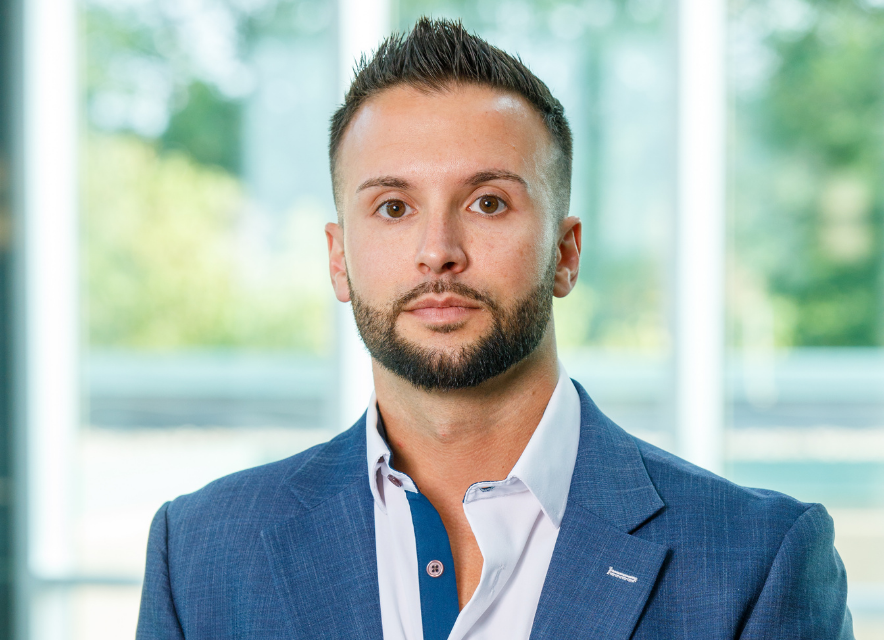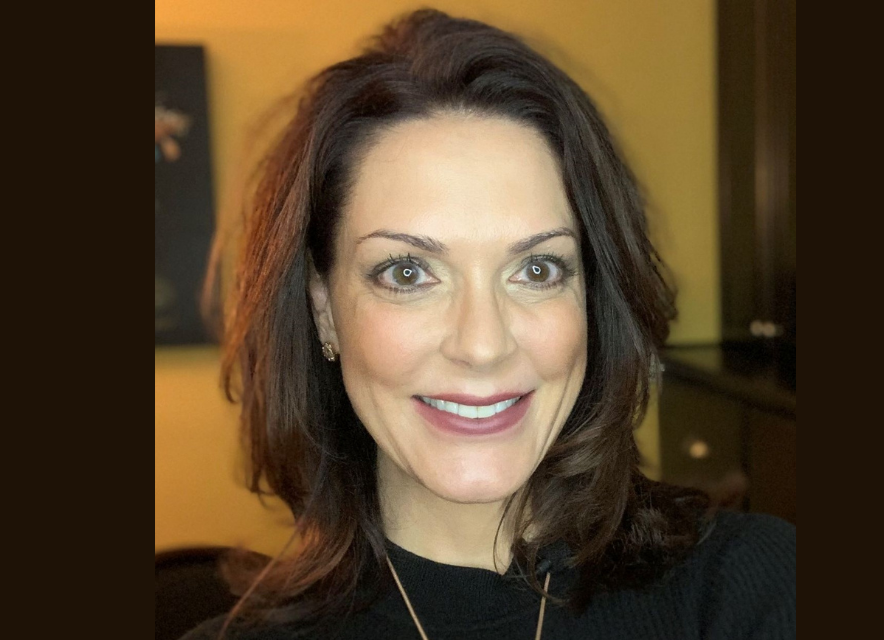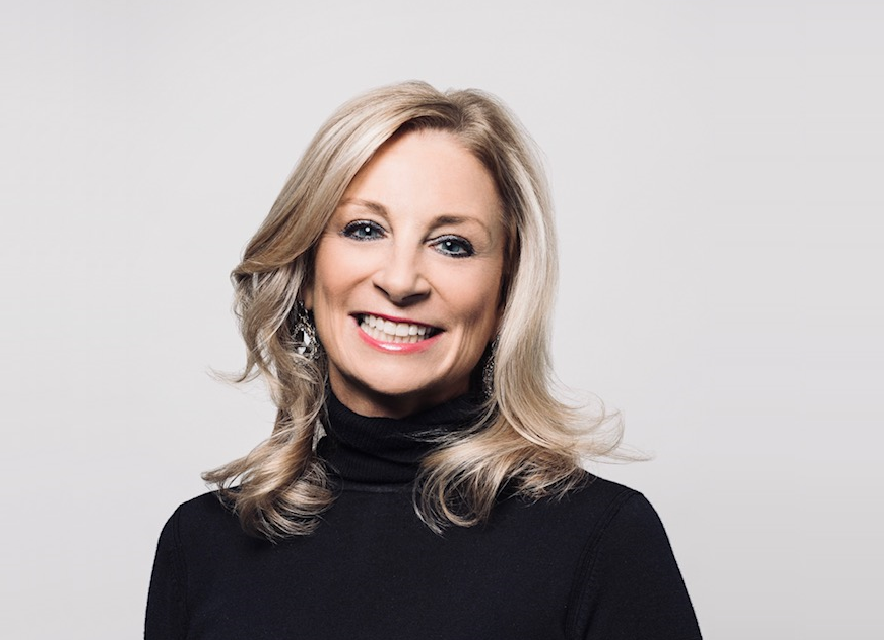Podcast: Play in new window | Download
Subscribe: RSS
David is the Founder and CEO of Play for Real and Focus.ceo and an an expert on performance coaching. More specifically, he focuses on the ways in which our own human nature can get in the way of our success. David believes that tough conversations are our doorways to confidence and success and he lays out a blueprint for how to have them effectively.
Take away quote: “If you’re willing to ‘go there’ and talk about the things that other advisors might not be willing to say… clients will recognize that you’ll tell them exactly what they need to know and they’ll recommend you.”
Show Timeline:
04:19 Understanding the need for – and benefit of – having tough conversations
6:34 Examples of tough conversations with clients
12:34 Ways to have tough conversations and make them work for you
18:09 4 steps to an effective conversation
33:09 Getting comfortable with conversations around referrals
40:25 Being a leader by providing guidance
Links:
Website: https://playforreal.life/
Twitter: https://twitter.com/_focusceo
LinkedIn: https://www.linkedin.com/in/toughconversations/
Want more?
Tough Conversations Podcast with David Wood
Tough Conversations Worksheet
Webinar: The Evolution of The Client Experience
Stephen Wershing: http://advisorchecklist.com/blog/
Julie Littlechild: http://www.absoluteengagement.com/blog
Episode Transcript:
Read More
Steve Wershing:
Hey, it’s Steve. We haven’t spoken about this before. And I’m actually a little bit nervous. I’m concerned about talking with you about this because I really, I’m afraid that you might get turned off and not want to keep listening, but I think it’s important that we have this. And on reflection, I think I will talk about this with you, because I think that this conversation can help you have better deeper client relationships and more referrals.
On this episode of Becoming Referable, we speak with David Wood, the founder and president of Play For Real, who coaches executives, and entrepreneurs on high-performance in life and in work. And we talk about tough conversations.
Now, you know working with clients, sometimes those conversations can be tough. And David gives us a path to navigate those conversations, so that it comes out as well as possible for you and for the other person. And we will talk about the four steps to having a tough conversation. We’ll talk about what kinds of conversations you can have using this process. We talk about how you can learn about yourself as well as your client, by having a tough conversation regarding something you or the client is struggling with, and how that can help deepen relationships, and even lead to more introductions and more referrals. It’s a great, really valuable conversation, and I hope you enjoy it.
So, here now is David Wood. David Wood, welcome to the Becoming Referable Podcast. Thanks for joining us.
David Wood:
Thank you, Steven. I feel happy in this moment to be here.
Steve Wershing:
We’re thrilled to have you. And I can’t wait to talk with you about all the stuff that you do. Let’s start with, can you tell us a little bit about how talking with clients is like talking with prison inmates?
Julie Littlechild:
Well, that’s a start, if I ever heard one.
Steve Wershing:
Well, we want to hook listeners early, right?
David Wood:
Yeah. Well, the interesting thing I found after coaching executives and entrepreneurs for a long time, I think it’s been maybe 25 years, and then going into prisons and helping them with their tough conversations, what struck me is not the differences like, “Oh, we have to totally rework all this technology.” But the similarities.
Steve Wershing:
Sure.
David Wood:
You’ve got a prison inmate is going to have someone challenged them or someone angry with them. Their partner might be angry with them because they screwed up and got sent to prison. And now he or she has to raise the kids alone. Well, executives and entrepreneurs have people get angry with them all the time too. Executives and entrepreneurs also they have desires that are unexpressed and they could speak up more. They have tolerances, frustrations, things that people are doing to annoy them. And they would like to be able to speak up more and do it artfully.
In the prison system, I’m just seeing the same patterns. Oh, someone in authority, I need to enroll them in something. So, that’s what I noticed. I don’t actually spot a lot of differences. I spot that we’re human, no matter where we are.
Steve Wershing:
Interesting. So, when I’m trying to imagine financial advisors thinking about their client conversations. And I can see a lot of them saying, “Well, we want our clients to be happy. We don’t want them to be angry at us. We don’t really want to have conversations where we talk to them about what they’re angry, but we want to have pleasant conversations. We want them to be happy all the time.” Are there benefits to thinking about having tough conversations with clients? Or how would you respond to that feeling on the part of the advisors?
David Wood:
Yeah. Well, first let’s go a little broader and let’s think about like for each of our listeners right now, ask our listeners, who are your stakeholders? And I mean, who has an investment in your life? And so the stakeholders, you may have a partner, girlfriend, wife, husband, your kids are stakeholders in your life. Your clients are stakeholders. Your staff, your business partner, if you have one, your friends. These are all the people that you interact with. And yeah, it’d be nice if nothing ever comes up that could be awkward. That’d be cool, but that’s not the way it happens.
We’re humans. And we have things come up. And what I learned as a kid is just don’t express that, sweep it under the carpet. And we’re just not going to really address anything head on that could be awkward.
Well, I’ve spent 25 years recovering from that and learning how to lean into things. And I found that almost invariably, there are exceptions, but almost invariably it helps to go into those awkward issues and speak them.
So, let’s use clients as an example. One of the situations that I find awkward with a client is to talk about raising my fees.
Steve Wershing:
Oh okay, that’s a good one.
David Wood:
Yeah, That’s a good one. Like, “Hey, I want to charge you more money.” Another one that can be awkward is if a client needs a bit of coaching or training on how to interact with me. And what I mean by that is if they’re reaching out too much by email and phone, and they’ve got an expectation that I’m going to do something that I don’t want to do as a provider. So, that could be an awkward conversation like, “Hey, this much emailing is okay, and this much is probably a bit overkill.” What do you guys find as some other situations that can be awkward or tough with a client?
Julie Littlechild:
Well, as you’re talking, I’m also thinking about there’s things that are awkward for me to discuss, like you said, I’m going to raise my fees. I imagine this happens outside our industry as well. But there is, it’s tackling the client’s fears or what they’re doing in their lives. So, it might not be an awkward situation for me. But if I need to talk to a client and say, “Let’s talk about your kids and whether they’re ready to get this inheritance or how we might structure it.” Or there’s a lot of things that clients may not want to address or how they’re going to spend their retirement, or what have you. So, do you also put that in the category of the awkward conversation?
David Wood:
For sure. Normally, when I talk about tough conversations, I’m looking at the person who’s talking to me, like the person that I’m coaching. So, our listeners, I’m mainly looking at where are some areas where you can dive in there and have a conversation where you’re wanting to bring something. But I love that you’re opening it up to a whole new area, which is maybe these are some tough conversations just because maybe they’re awkward for the client to bring up as well. And I just thought of another area, and this came up in my interview with Matt Halloran, and who I know you guys know.
Steve Wershing:
Oh, sure, he’s a great friend of ours.
David Wood:
Yeah. He was saying, he’ll stand in front of a room and say, “How many of you have had clients who’ve cried or felt a strong emotion during a consultation?” And all the hands go up. And then he says, “And how many of you know what to do?”
Julie Littlechild:
Yep.
Steve Wershing:
Right. Are you sure?
David Wood:
Yeah. I just had a beautiful session right before this call with you guys where I’ve got a manager in a company and she just started crying. We were talking about something and I brought up something about her family and she realized something super important, and she started crying. And that can be awkward for a lot of people. And what I did is I just breathed, I gave her space, and then I gave her overt permission and said, “This is a cry friendly space. This is good stuff. Take your time.” And so, we went through it. So, that’s another example of a tough conversation when your clients might come up with some strong emotion.
Steve Wershing:
Sure. Or another one that occurs to me is, if the client is doing something that the advisor knows is going to compromise them down the road, if they’re giving too much to their adult children, because their adult children keep coming back to them for support or habits that… Or it could be something stereotypical like overspending or something like that. People really want to have a certain lifestyle. And the advisor may be trying to get across the point that, “Look, you don’t have the resources to have that kind of lifestyle.” Those kinds of questions coming up.
David Wood:
Yeah. Yeah. This is making me think of a couple of tough conversations. I’ve had one with a client, one with a friend, but I think I’ll be illustrative. I had a client that just talked too much. He would tell stories. I’d ask him a question and he’d say, “Well, let me tell you a story.”
Julie Littlechild:
No can’t do it.
Steve Wershing:
You know you’re setting yourself up for another cup of coffee when that happens.
David Wood:
I know. He would. And he’d tell his story. And he wasn’t being relational at all. And we’ve got 30 minutes to impact his life. And so, I had to have that conversation with him artfully gently. And one thing that he learned out of that is that if he’s going to tell a story, he’s got to sell it and he’s got to create context because I’m coaching people on everything. So I’m like, “Look, if my eyes are kind of glazing over and I’m wondering, where the hell is this going? You might have other people at work that are doing that too.” And he learned out of that conversation. And this is one of the reasons to have a tough conversation is usually you’re going to learn something, and your client might as well.
And he learned, he needs to tell people, “You know what? I’ve got a short story that take about two or three minutes that I think will really illustrate this. And I think you’re going to be glad you heard it. Find a way to tell me why I’m listening to it.







Leave A Comment